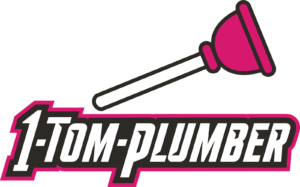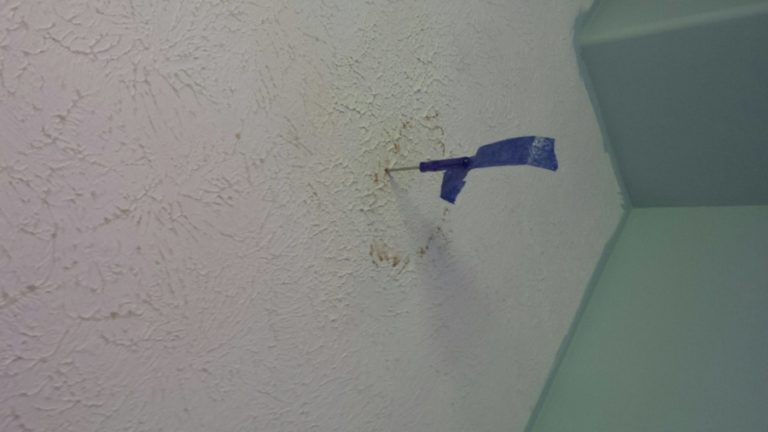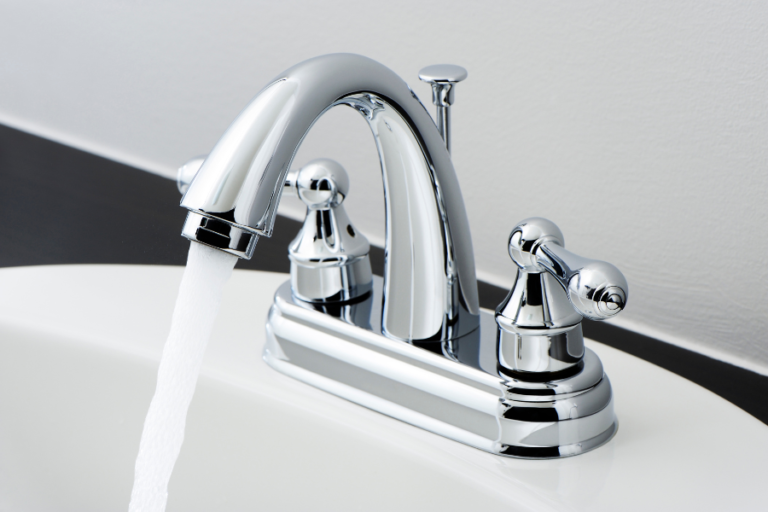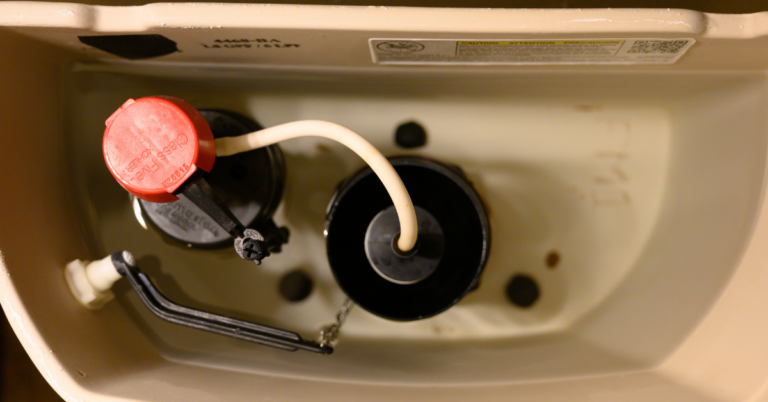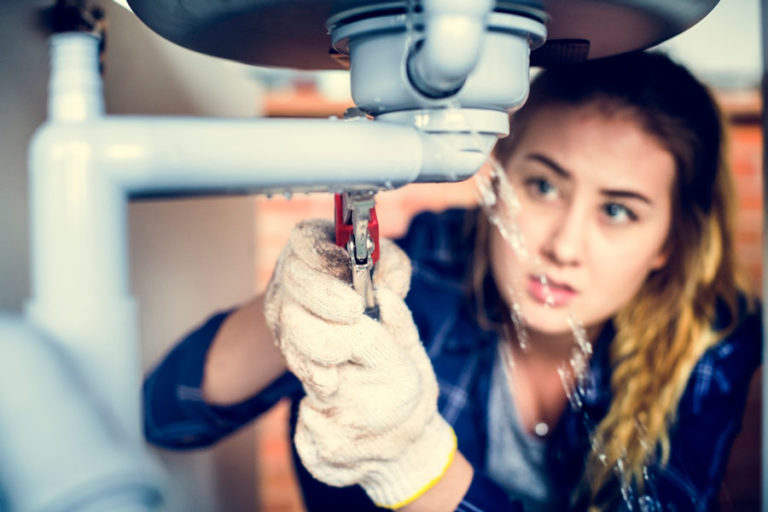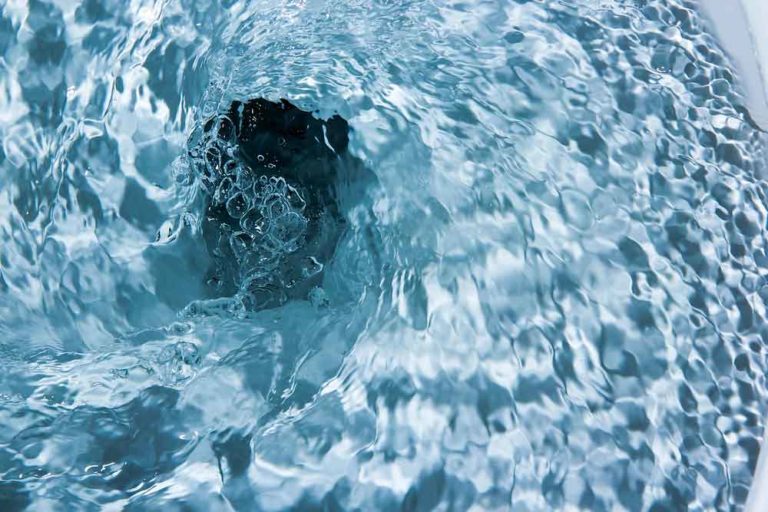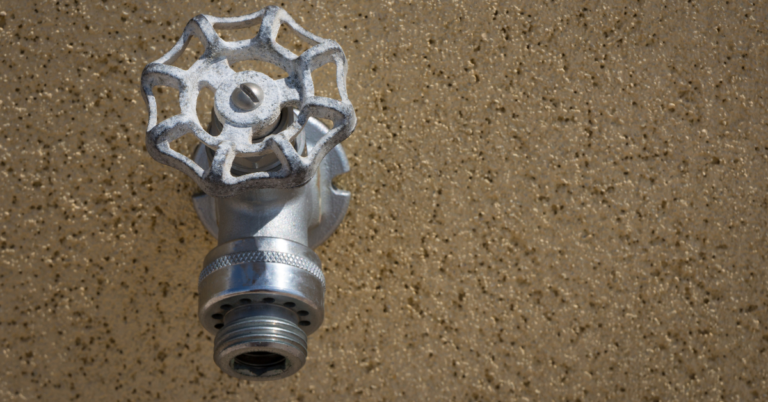How Does A Water Softener Work?
There’s actually quite a lot to know about water softeners — such as how does a water softener work and what are their most impressive benefits.
I should know, I’ve had a whole-house water filtration system for over 22 years. The same one, in fact, has been re-installed in my three different homes during that time. I wouldn’t live in a house without one.
There are a growing number of folks like me who are turning to water softeners to treat their water. I mean, just thinking about Flint, Michigan’s water issues makes you want to run to your hardware store to purchase a water filtration system. Here’s a breakdown of almost everything you need to know about them:
What is a Water Softener?
Let’s start with the basics…what is a water softener? In the simplest terms, it’s a filter that removes high concentrations of “hard” minerals — like calcium and magnesium — from your water supply. Basically, when water enters into your water softener, it’s hard. When it exits, it’s soft. You can find the details of this process under, “How does a water softener work?”
Some are small and specific, like the water filters you can attach to your kitchen faucet. This will filter out the minerals in the water flowing from that faucet but nowhere else.
Others — like the kind we’re discussing in this article — are large, whole-house filtration systems that filter all of the water flowing through your home. You’ll usually find these larger systems in a basement or garage, connected to the water line so it can filter the water before it flows into your home’s plumbing.
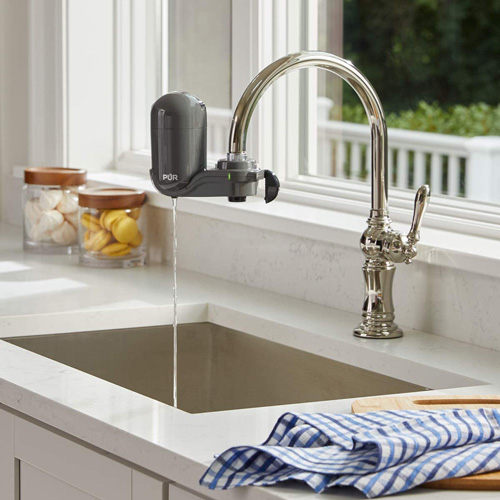
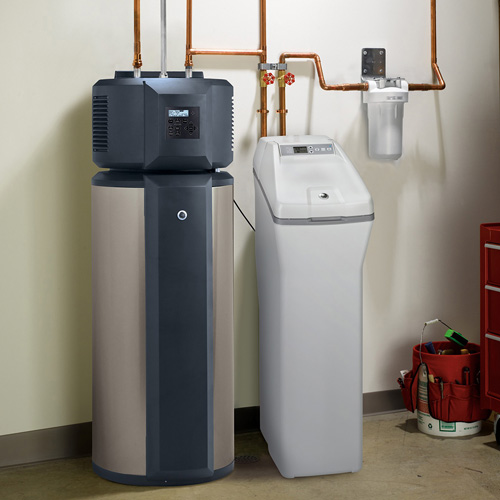
Hard Water vs Soft Water
Hard Water
I’m sure you’ve noticed those white streaks on the glassware you just pulled out of your dishwasher or that shower head encrusted with gunk. Or maybe you have seen the mineral buildup on your shower head. We call this scale. And it’s the result of hard water, which gets its name from the hardened mineral deposits that this type of water leaves behind.
In time, this buildup of minerals will clog and corrode your pipes and plumbing fixtures. The resulting damage is a significant — and over time, expensive — issue that you can only resolve by softening your water. So what’s the difference between hard and soft water?
Hard water causes a higher risk of limescale (or just scale) deposits in household water systems. Due to this limescale build-up, pipes are blocked and the efficiency of hot boilers and tanks is reduced. This increases the cost of domestic water heating by about 15-20 percent.
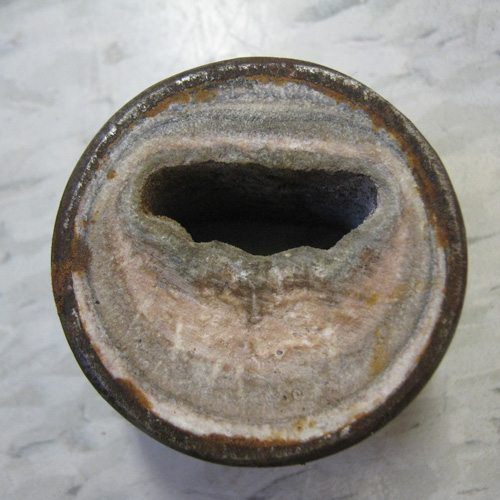
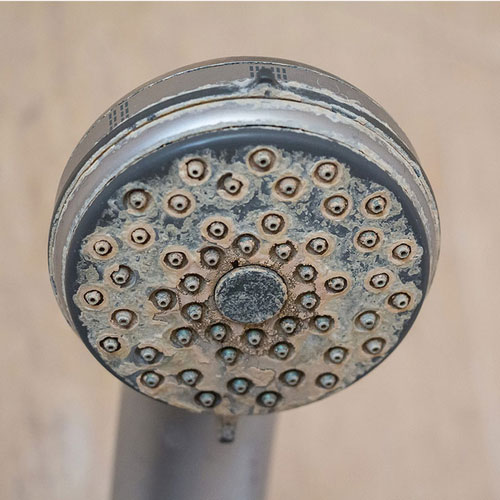
Soft Water
I find this most interesting in the hard water vs soft water debate: there is such a thing as soft water that occurs naturally. For example, water that comes directly from rain, melting snow, or mountain streams is soft. However, we’re more used to the hard water that we usually get from our municipalities.
The water we get from a water softener should probably be called softened water because it has been treated by a system that removes hard minerals. And it will usually contain higher levels of sodium and bicarbonates.
My first time showering in softened water was a strange but exciting experience. The shampoo and soap created way more lather and much more quickly. The oddest sensation was how slick my skin felt. Not oily or slimy…silky is probably the best way to describe it. You won’t even notice it after a week or two. Anyway, it’s nothing to worry about. We’re simply not used to the feeling of water on our skin that isn’t hard.
How Does a Water Softener Work?
Now that we know what is a water softener, we can learn how does a water softener works.
A water softener uses an ion exchange process to get rid of hard minerals from your water supply. This process happens inside of a tank that fills with resin beads. Similar to how magnets work, the resin beads attract (and bind to) the calcium and magnesium ions in hard water.
Because the resin beads are now being inundated with all of the hard minerals it has captured, it needs to be recharged daily. And here’s where all that salt comes into play.
The salt is held in what’s called a brine tank, which is part of your system. Once a day, usually at night, the positively charged salty water from the tank cycles through the resin. This process recharges the resin, which is now able to continue removing hard minerals from the water supply.
The entire water softening process runs day after day, automatically, with little to no maintenance. In fact, 22 years later, all we do to keep things running smoothly is make sure the brine tank fills with salt and have the system looked at once a year.
Water Softener Benefits
Here are some of the many water softener benefits I’ve personally experienced throughout the years:
- No more soap scum (those smudge-like streaks of white-ish residue) on your glassware, silverware, and dishes with soft water.
- Household appliances — such as laundry machines, water heaters, and faucets — will work more efficiently and have a longer lifespan.
- Plumbing will last longer with less maintenance (this includes heating coils, toilets, pipes, and much more).
- Heating fuel expenses can decrease because scaling in pipes (see above photo) decreases heating efficiency.
- Fabrics and clothing last longer and wash brighter.
- Coffee, tea, and foods taste better.
- Purchase less soap, shampoo, or detergents because they will work harder and more efficiently.
Check out these Amazon.com affiliate links for related products that can help you with your hard water issues:
- Total Water Hardness Test Strips
- Aquasure Harmony Series Water Softener (your plumber can install)
Call 1-Tom-Plumber if You Need More Help
If you’re seeing plumbing issues from corrosion caused by hard water, don’t hesitate to contact or call us at 1-Tom-Plumber (1-866-758-6237). We will immediately handle any emergency plumbing, drain cleaning and drain clearing, and water damage problem, including excavation of underground water lines and sewer main lines.
